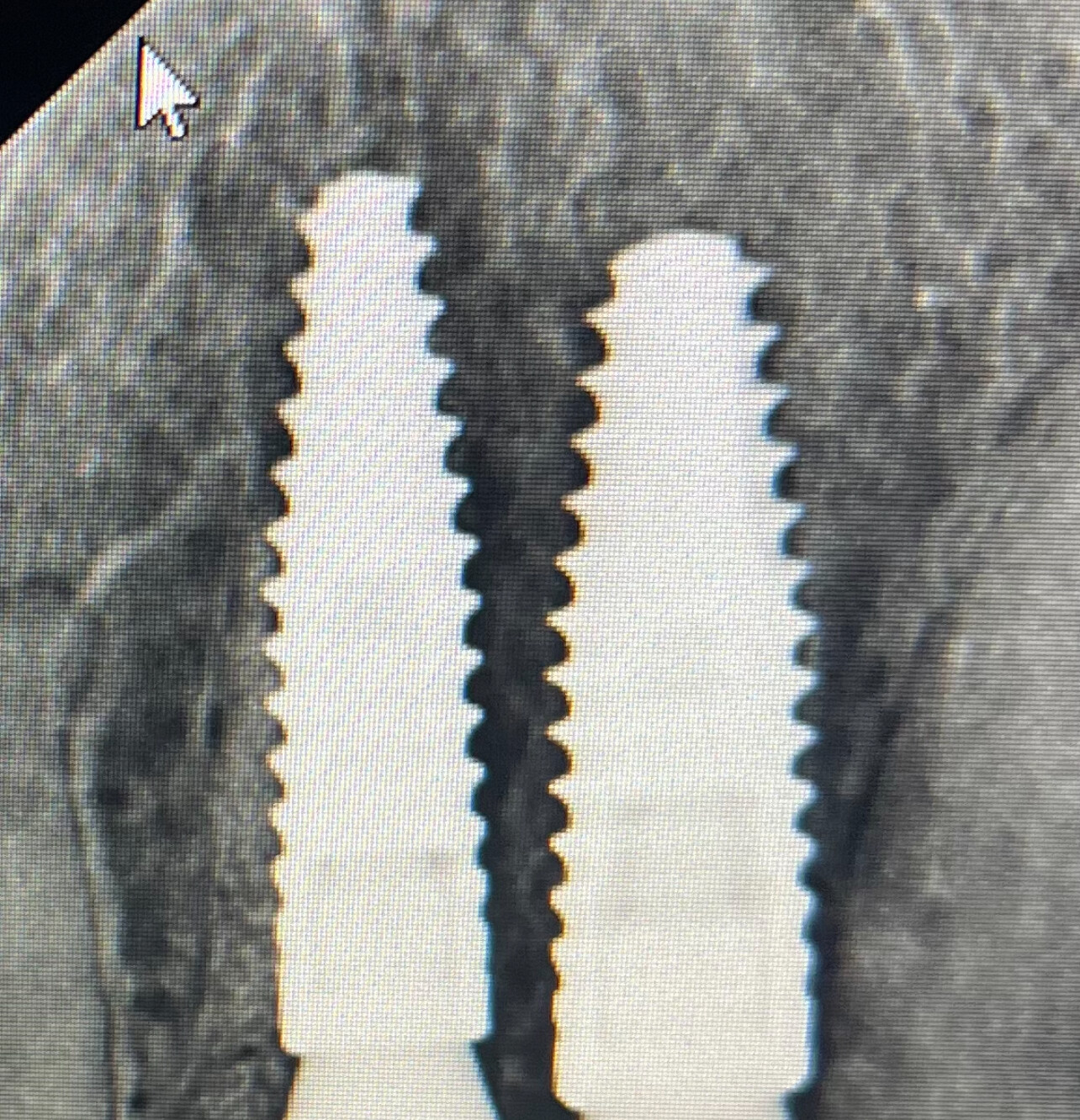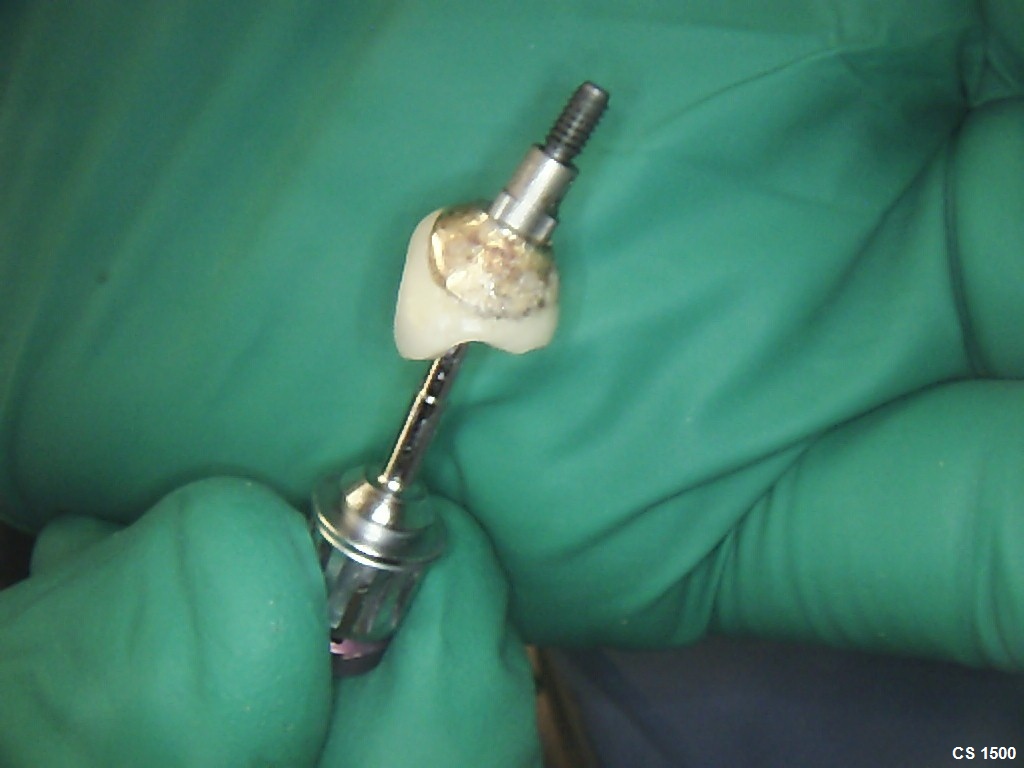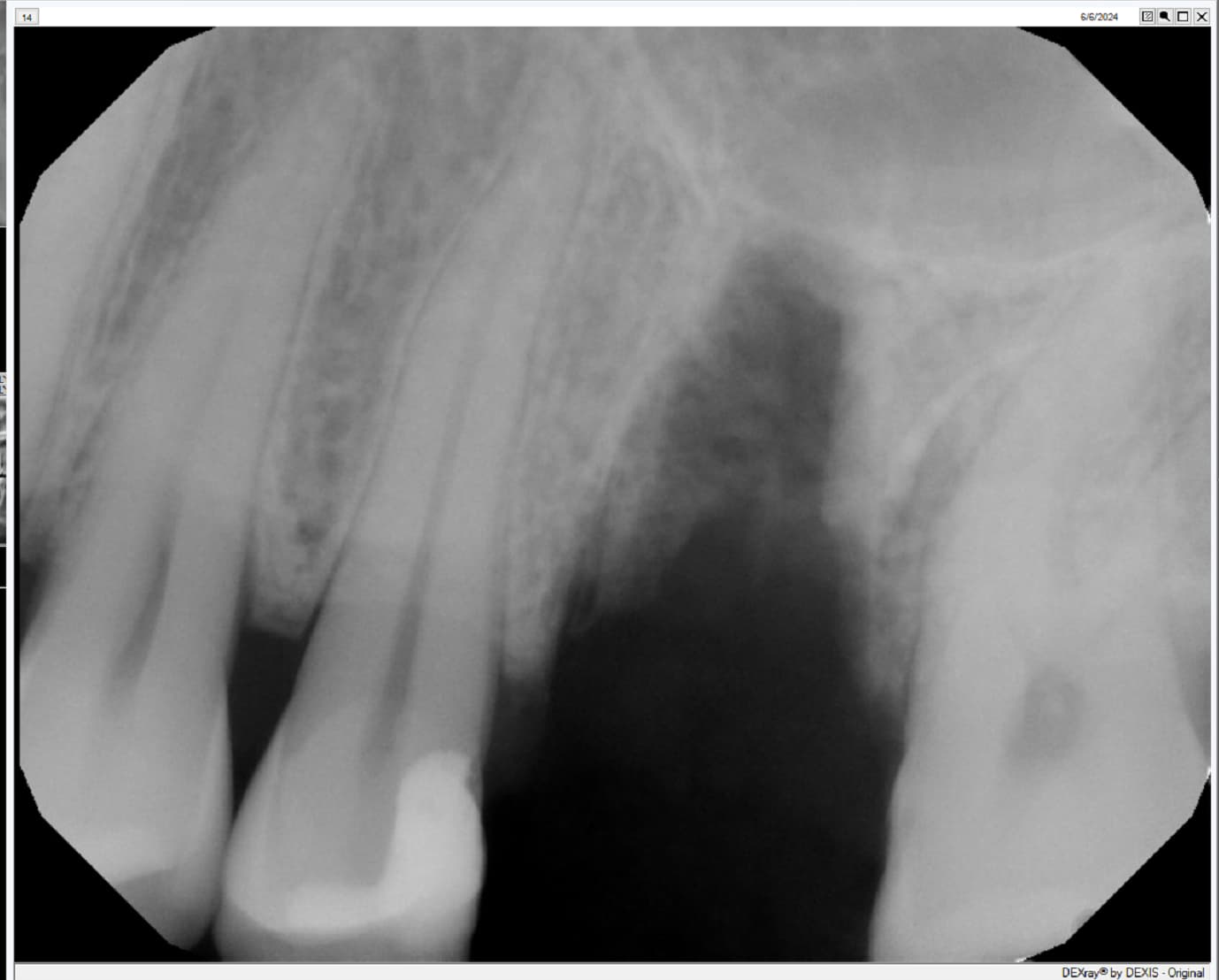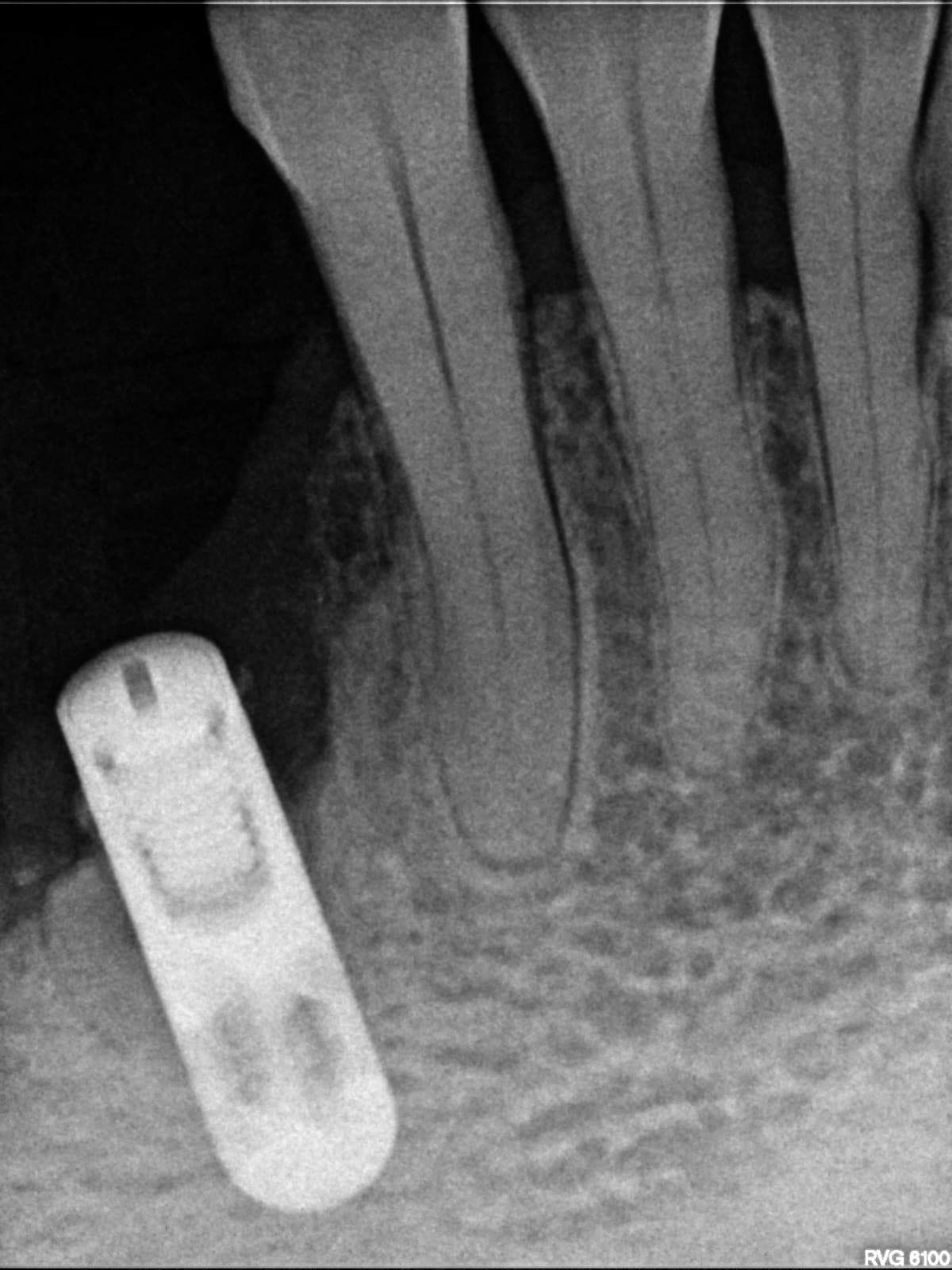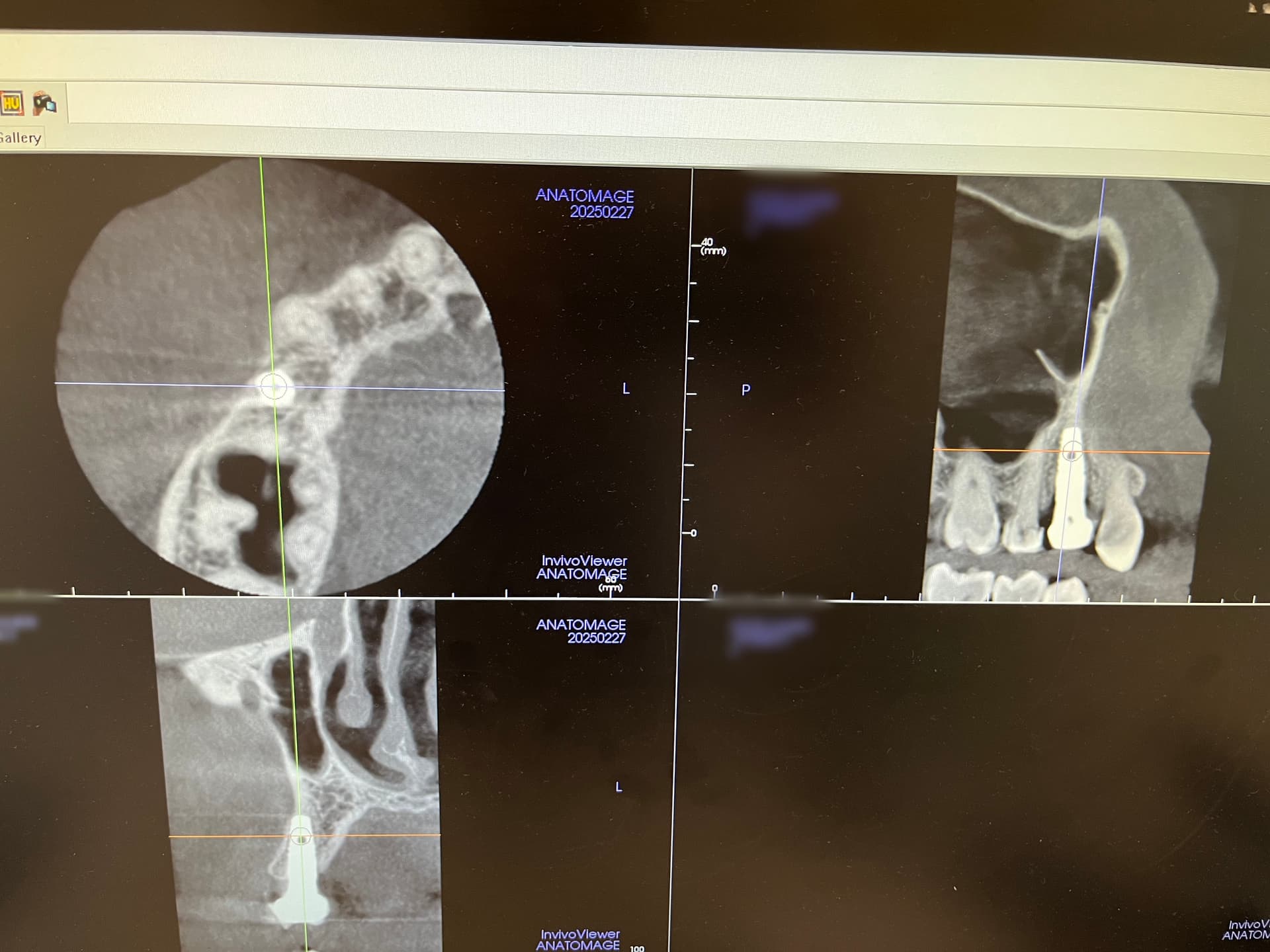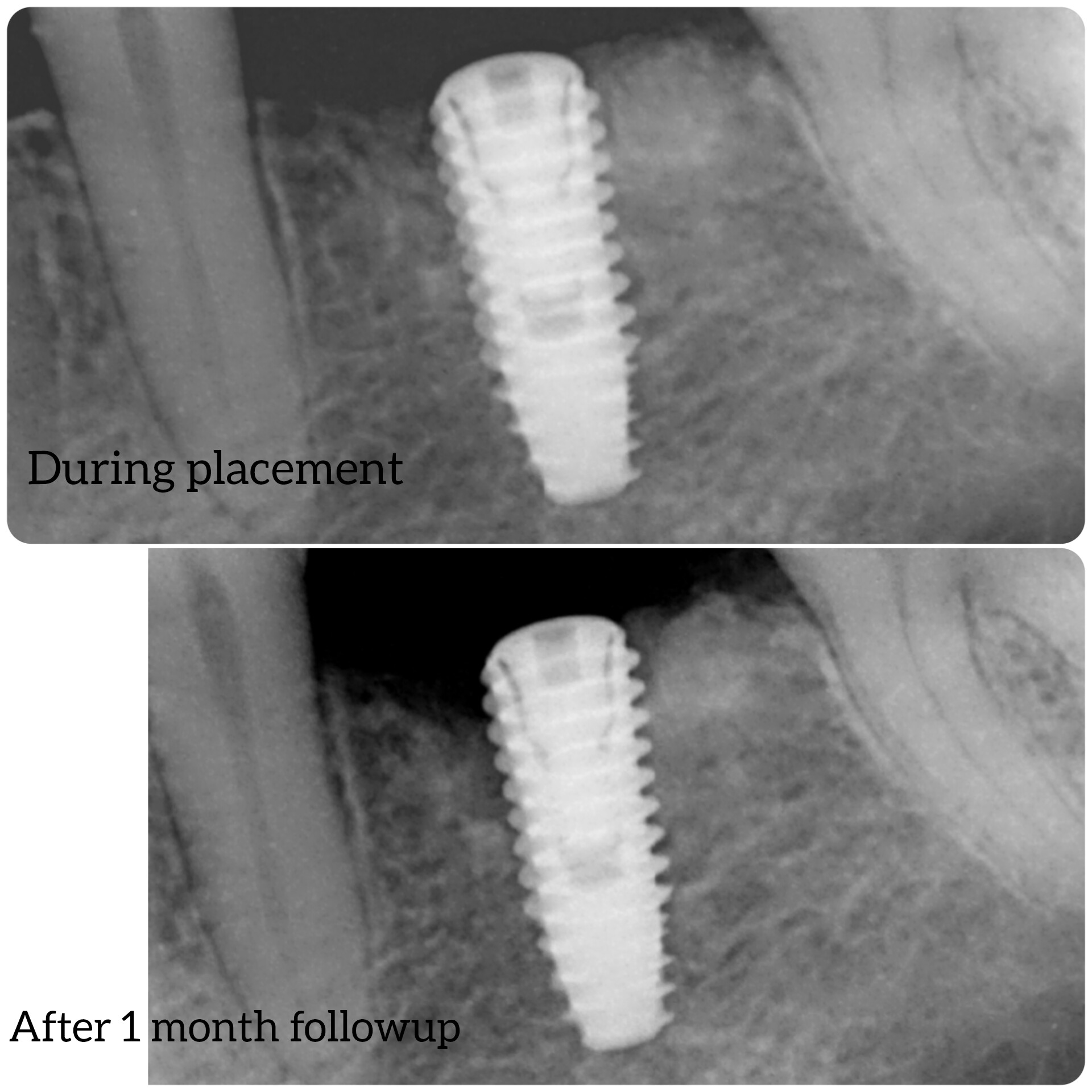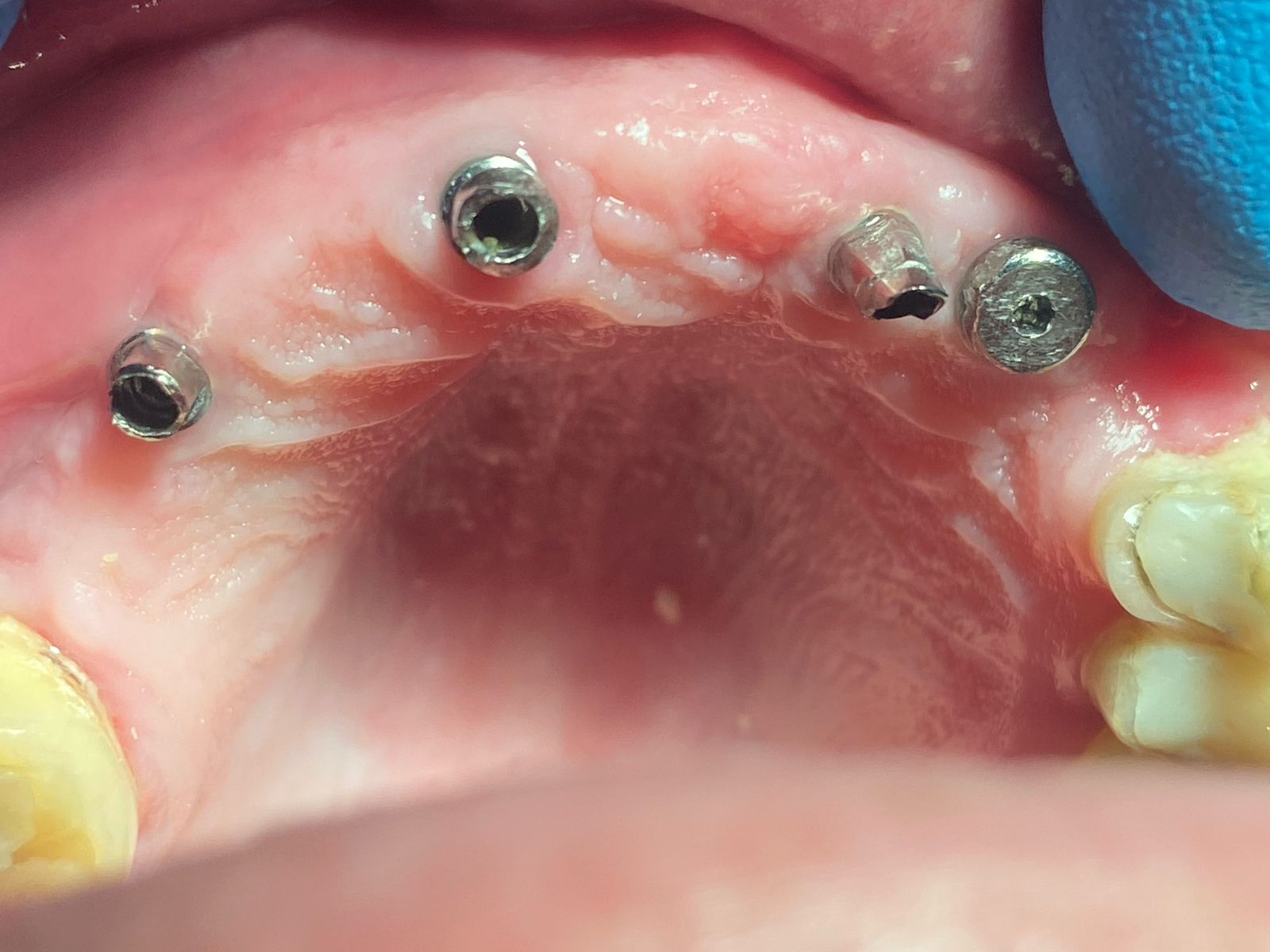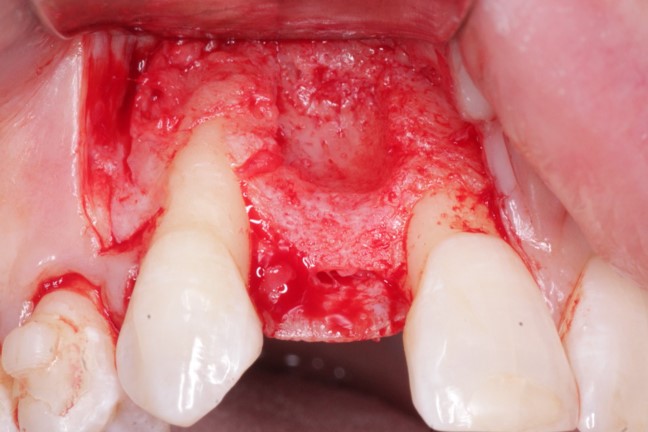Implants in patients with type I diabetes: how would you handle this?
I have a patient with type I diabetes who wants dental implants.  He is taking insulin and is well controlled. I have seen many studies for implants in diabetic type II patients, but not too many on type I diabetic patients. How would you handle type I patients who want dental implants? Same approach as type II, or different? Any recommendations? Should I be requesting any specific tests? Is the prognosis long term any different for implants installed in a type I diabetic patient?
11 Comments on Implants in patients with type I diabetes: how would you handle this?
New comments are currently closed for this post.
Dr. Gerald Rudick
12/4/2012
Type I Diabetes ( Juvenile Diabetes) unfortunately comes on in children...and once it is detected, and the child and parents are well disciplined in managing this disaease....then the aflicted person can live a perfectly normal life.
I would recommend discussing this matter with the endocrinoligist, obtaining copies of blood tests over the years to ensure that this person is reliable and responsible and that the insulin level is well controlled and monitored.
If all tests check out, I would not hesitate to do implants and treat the patient as you would anyone else.
In my own practice, we placed two lower implants in the canine areas for a full denture diabetic patient.......and he had them more than 25years without any problems until he passed away from unrelated causes.
Dr. Gerald Rudick Montreal, Canada
Baker k. Vinci
12/4/2012
Dr. Ruddick, type 1 diabetes also occurs in adults and if I had to guess, this question is probably directed at the adult population. There was a time, approximately two decades ago, when type one diabetes and juvenile diabetes were synonymous, but the WHO has made the appropriate change. Several adults develope type 1( insulin dependent diabetes ) these days. One very interesting point; there is some strong data to suggest sulfonamides may one day allow the islet cells to release insulin, in the juvenile onset diabetic, thus obviating the need for exogenous insulin. Bvinci
CRS
12/4/2012
Type 1diabetes is insulin dependent diabetes managed with subcutaneous insulin not necessarily juvenile. It can develop in older patients. Consult with the patient's MD if well controlled should be okay. How is the patient's periodontal condition that can be a reasonable indication. The diabetes affects resistance to infection (WBC) small blood vessels and peripheral nerve and kidney function. It is a relative contraindications to implants but if well managed it should be okay. Please note that the classifications of diabetes have changed type 1 and 2, insulin resistant, juvenile etc. Have the pts MD guide you. Good luck!
Dr. Pedro Guitian
12/4/2012
I place dental implants on patients with type I diabetes if they are under control. We use to mesure the way they take care of the diabetes the glycosylated hemoglobin, and a medical report from their endocrinologist. The normal level for glycosylated hemoglobin is less than 7%. Diabetics rarely achieve such levels, but tight control aims to come close to it. Levels above 9% show poor control, and levels above 12% show very poor control. It is commonly recommended that glycosylated hemoglobin be measured every 3 to 6 months in diabetes. The success rate of dental in this patients is above 96%, and they have to be under control more often that the other patients.
ahmed elsharkawy
12/4/2012
ask for hgA1c test
Baker k. Vinci
12/4/2012
The well controlled type 1 diabetic heals no differently than the patient without the disease. In some cases these patients inherently eat better and are more compliant than other patients. When a child type 1 diabetic is diagnosed at an early age, they know no other way to live and management of their disease is significantly harder than taking care of implants. The last 3-4 hem. A1c's should give you a good idea of how they are currently managing the condition. Ask questions about numbers of admissions in the past for diabetic ketoacidosis. If you are sedating, or putting these patients to sleep, you need to be familiar with fasting blood sugars and you should have a means of treating a hypoglycemic event. Learn about what is I'm your crash cart. Glucagon is a safe and affective way of bringing glucose #'s up. We have a protocol that seems to change with every patient, but they all should bring their personal glucometers and insulin, or make sure their pumps have fresh batteries and are full of new insulin. If you are unsure, ask your OMFS. Yes your endocrinologist knows more about diabetes, but very few doctors know more about sedating these patients. Bv
Dr Mahmoud Said
12/5/2012
Many thanks for this discussion as my son is a Juvenile diabetic .
Also many thanks to Osseonews. I am following forthcoming comments.
God bless you all.
Baker k. Vinci
12/5/2012
N Engl J med 2006;355:467-77 Bvinci
Luciano Oliveira
12/9/2012
My dear friends,
Type I diabetes is a condition where liver beta cels can't secret insulin at all or in some cases, they can produce some insulin but in a very small amount; or receptors for insulin are not working well, developing a condition called insulin resistance. Nowadays, we do not use the need for exogenous insulin as a classification tool for diabetes anymore. As we know, for example, there are type 2 diabetes patients who are insulin dependent.
The risk for implant placement in this kind of patient is related to the time of onset of the disease - how long the disease is impacting over someone's body - and how efficient was the patient in controlling his glucose levels during all his live. Every event of hyperglycemia he passed through produced some degree of Advanced Glycation end products (AGEs) witch cumulated in tissues as muscles, nerves and vessels. If one never had a good glycemic control during his entire life and suddenly decided to have some implants, you will probably have to think a lot about it before start the therapy. Some unusual reactions like excessive swelling, pain, impaired ossification, delayed soft tissue healing and many other clinical signs can be expected. What we have to remember is that even if the guy above arrived presenting normal HbA1c leves, or good capillary glucose concentration, the "risk" would be almost the same...in other words, if you are planning to put some implants in a DM1 patient, ask his endocrinologist about how is he as a diabetes patient....
Baker k. Vinci
12/10/2012
...... and if the endocrinologist says, he is controlling his disease much better now than a year ago( ie. 4 normal hemoglobin A1c's ), what are you gonna do? The question was rhetorical; you proceed. Swelling, risk of infection and degree of integration has not been studied in the well controlled diabetic, but it has been proven that these patients can live a normal life, with " tight control ". I fully agree with speaking with the endocrinologist, for the poorly managed patient, but they will not be able to help you assess their qualifications as an implant patient . This is when we use the "doctor" part of our training. Bvinci
Baker k. Vinci
12/10/2012
Luciano,
Every type one diabetic has bouts of hyperglycemic events. The tightest controlled insulin dependent diabetic can have numbers of 300-400 mg/dl, so to suggest if they had an event of loose control, they are doomed, is just not true. The pre or post pubescent juvenile diabetic can not possibly maintain perfect blood sugars, even if they had a pediatric endocrinologist with them 24/7. The ADA and JDRF have come a long way in the management of the disease and a cure is hopefully just around the bend. There are more diabetics today, because less kids and adults are dying from the condition, so we all need to become comfortable managing these patients. Bvinci










